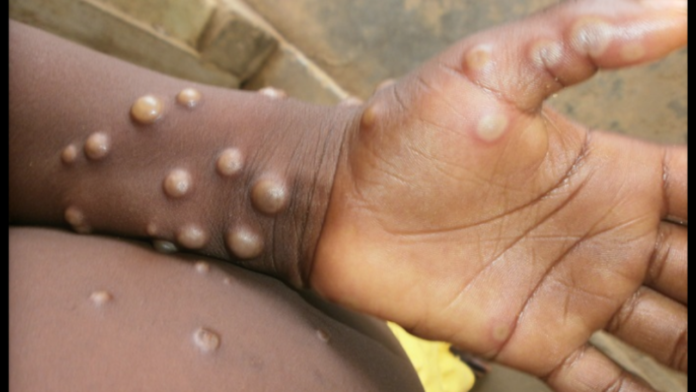IOM appeals for $18.5m to support population affected by mpox
The International Organisation for Migration (IOM) has appealed for $18.5 million to fund the response to the spread of mpox across the Horn, Eastern and Southern Africa.
The International Organisation for Migration (IOM) has appealed for $18.5 million to fund the response to the spread of mpox across the Horn, Eastern and Southern Africa.
© 2024 Daily Patriot Nigeria. All Rights Reserved.


